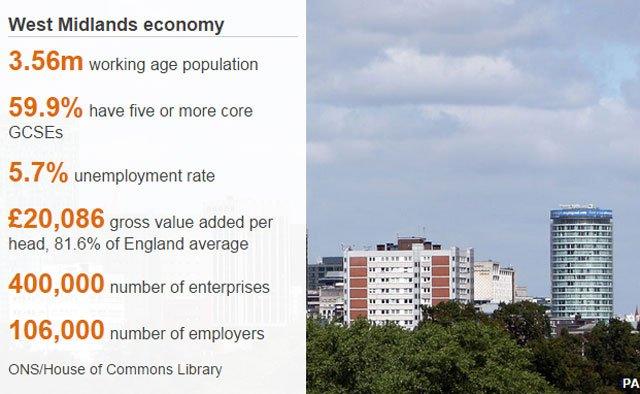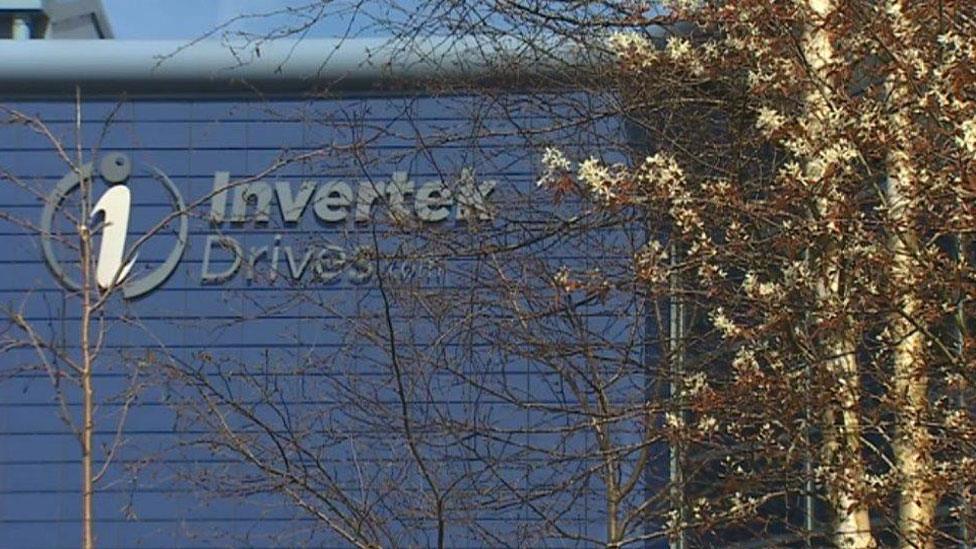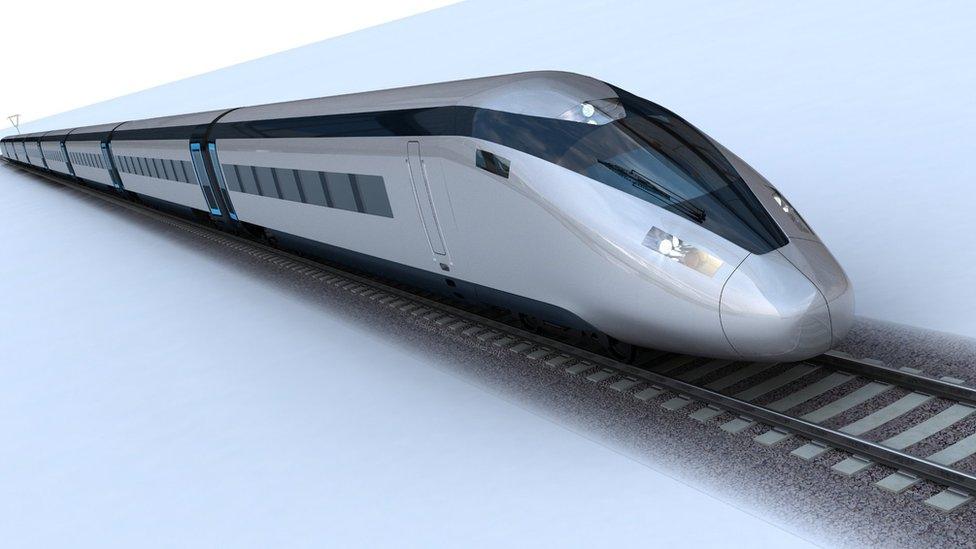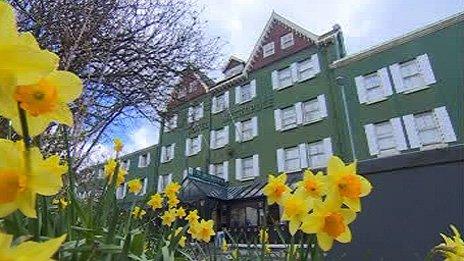Ken Skates: Mid Wales should forge Midlands economic links
- Published

The Midlands has an economic forum representing 39 different councils and enterprise partnerships
Close economic links should be forged between mid and west Wales and the West Midlands, according to Wales' economy secretary.
Ken Skates told BBC Wales there was "a great appetite" from both regions to work together for mutual benefit.
He wants an east-west economic axis, to tap into the Midlands tourism market, as well as promoting products.
Mr Skates is to meet Midlands Connect, which represents 28 councils and 11 enterprise partnerships.
He said he wanted to ensure that Wales does not miss out on the opportunities offered by the UK government in terms of growth deals and city deals.
Already, north Wales is looking at the "northern powerhouse" of north-west England.
"Increasingly it appears to me there's collaboration to be had between mid Wales and the West Midlands," he said.
"So I'm going to be meeting with those leaders of Midlands Connect to make sure what mid Wales offers the UK is taken advantage of so that the rural economy in mid Wales can prosper as part of the UK economy.
"My view is in terms of the economy, east-west connectivity is just as important if not more important than north-south connectivity. So I will make sure there's collaboration taking place at every level possible."
Mr Skates said he believed that, in light of Brexit, there are going to be more opportunities for "staycations" in Wales from tourists from the West Midlands.
He said he wanted to "tap in" to the area, not just for holidays and day trips but also for the sale of goods, particularly food and drink products.
"Our aim is to ensure the product and the services from mid and west Wales are promoted accordingly in the West Midlands and in other key markets of England where there's huge appetite for all things Welsh," he said.
"There's a great opportunity here now and we don't want to miss out on it. "

Midlands Connect covers a population of 11.5m across the West and East Midlands regions, with the economy worth an estimated £222bn to the UK.
It believes improving transport links - including into Welsh border counties Herefordshire and Shropshire , external- could boost the economy and create an extra 300,000 jobs.
The economic landscape on the face of it could not be more different than the most rural of Welsh counties, Powys.
In 2011, 59% Powys residents lived in a village or hamlet compared with 17.1% for Wales as a whole.
Most people are in work - Unemployment was 2.6% of 16 to 64-year-olds in June 2013, compared to a Wales average at that time of 5.5%.
But working people in Powys on average are earning less - £482 a week, which is well below the Welsh average of £546 a week.
Ken Skates said connecting east and west is as important as north and south Wales
And it is not a lack of skills that is suppressing rural wages.
Figures from the Office for National Statistics showed that more people living in Powys have a degree (36.5%) than the average across Wales (33.6%).
So what is holding them back?
Good connectivity, both digitally and through physical infrastructure like roads and the electricity grid, are seen as central to growing economies and residents seeing their incomes rise.
It is no coincidence that the Country Landowners' Association (CLA) has invited BT Cymru director Alwen Williams to join a breakfast panel at the Royal Show near Builth Wells with politicians.
CLA president Ross Murray said preparations for Brexit should not delay other crucial work to support the rural economy.
"Connectivity in the countryside is a high priority," he said.
"Rural businesses and communities in Wales have struggled with poor or non-existent broadband and mobile coverage for far too long.
"I look forward to talking with Alwen Williams about how we can work together to speed up the connectivity improvements that will help unlock the fantastic potential of rural Wales."
Mr Skates said superfast broadband was the "railway of the 21st Century", adding that there would be solutions for the hard to reach 5% in rural Wales.
Meanwhile, he said investment in rural tourism was improving the quality of what was on offer - and this would in turn generate better pay.
- Published20 April 2016

- Published14 July 2016

- Published25 April 2013

- Published26 May 2015
- Published5 January 2016